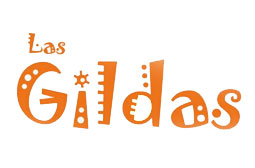
Metromuster is an audiovisual production cooperative that contributes to social changes through the practices of audiovisual culture. Metromuster is characterized by the following processes: 1) The construction of documented denunciations of the foundations of power structures in modern western society: capitalism, colonialism, and gender-, class-, and race-based discrimination; 2) The transformation of public opinion and the collective imaginary with the goal of unveiling how the miedia is used by hegemonic powers; 3) Support the cultural paradigm shift that is currently in progress; 4) Cultivate critical consciousness, as well as a faith in transformation in these times of capitalism and crisis of confidence. This work of this collective contributes to the free culture movement.





